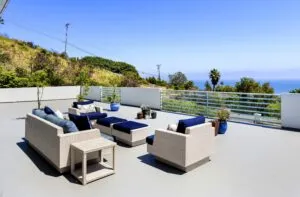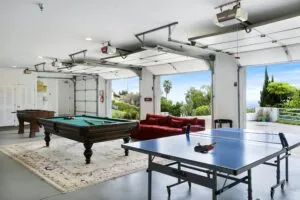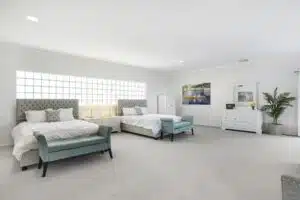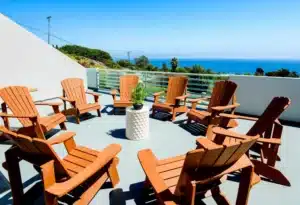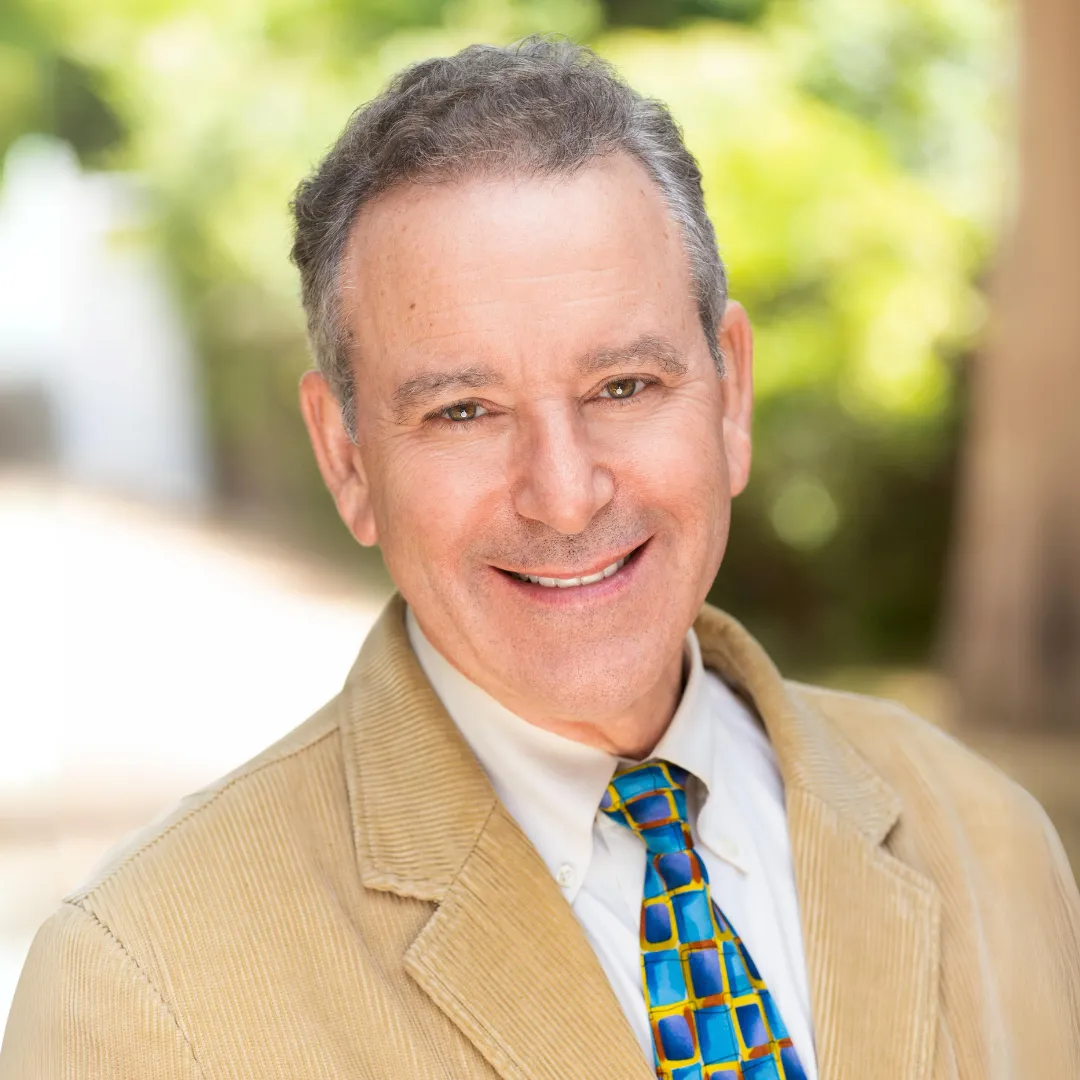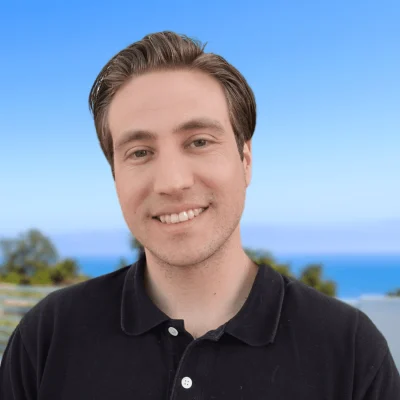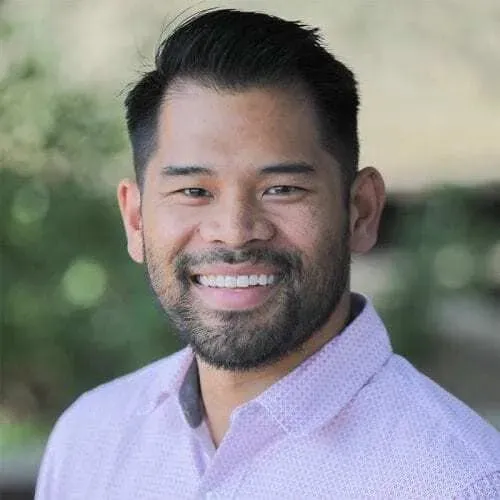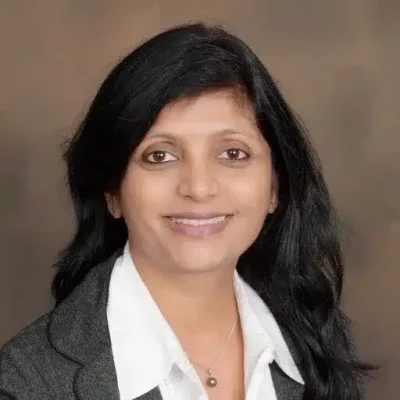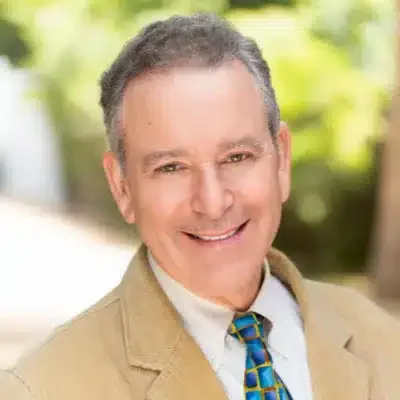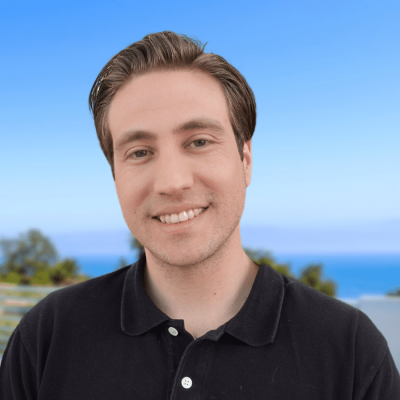If your teen is struggling with uncontrollable impulses, frequent outbursts, or risky behavior, our specialized treatment program offers the structured support, proven therapies, and compassionate guidance they need to regain control and build a healthier, more balanced future.
Beachside Teen Treatment Center
Trusted, Accredited Teen Treatment
Impulse Control Disorder Treatment for Teens
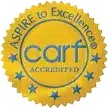

When your teen is caught in a cycle of impulsive decisions, angry outbursts, or risky behavior, it can feel like you’re living in constant crisis mode. You may be walking on eggshells, unsure what will set them off next, and worried about their future slipping through the cracks. Impulse Control Disorder (ICD) isn’t just a behavioral issue—it can deeply affect your teen’s relationships, academic success, and emotional development.
At Beachside Teen Treatment Center, we specialize in helping teens who struggle to manage their impulses. Through our comprehensive, trauma-informed adolescent impulse control disorder treatment programs, we help teens uncover what’s driving their behavior, learn healthier coping strategies, and rebuild the confidence they need to move forward. Healing starts here, and it begins with understanding.
Learn more about our teen treatment programs or call us now at 888-254-0916.
Understanding Impulse Control Disorder In Teens
Impulse Control Disorder is a mental health condition characterized by difficulty resisting the urge to perform actions that may be harmful to oneself or others. These actions are often sudden and without clear motivation, leaving teens and their families confused and distressed. While occasional impulsivity is developmentally normal in adolescence, persistent patterns that interfere with daily functioning may point to something more serious.
Common types of Impulse Control Disorders include:
- Intermittent Explosive Disorder (IED): Frequent aggressive outbursts or tantrums disproportionate to the situation.
- Kleptomania: Compulsive stealing, even when there’s no need for the item.
- Pyromania: A fascination with fire, often leading to deliberately setting fires.
- Compulsive Buying or Risk-Taking: Uncontrollable urges to spend money or engage in reckless behavior.
Impulse Control Disorder often co-occurs with other mental health challenges like ADHD, oppositional defiant disorder, depression, or anxiety—making early intervention even more important.
Our Adolescent Impulse Control Disorder Treatment Programs in Los Angeles
Located in the heart of Malibu, Beachside Teen Treatment Center offers a structured, therapeutic, and nurturing environment tailored specifically for adolescents. Our adolescent impulse control disorder treatment programs are rooted in trauma-informed care and evidence-based therapies that address both the symptoms and the root causes of ICD. We recognize that no two teens are the same, which is why each treatment track is personalized to meet the unique emotional, behavioral, and psychological needs of your child.
Our programs are led by a multidisciplinary team of licensed therapists, board-certified psychiatrists, medical professionals, and adolescent behavioral specialists who understand the nuances of teen development. We focus not just on short-term stabilization, but on sustainable healing and emotional growth.
Residential Treatment
Our residential program provides 24/7 care in a peaceful, home-like setting designed to promote safety, comfort, and healing. Teens reside onsite and participate in a structured daily schedule that includes individual therapy, group therapy, medication management (when appropriate), and experiential modalities such as art, music, and equine therapy.
This immersive environment helps teens disconnect from triggering environments and focus entirely on self-regulation, emotional growth, and building coping mechanisms. For those with more severe symptoms or co-occurring mental health challenges, residential treatment offers the highest level of support and structure.
Partial Hospitalization Program (PHP)
The PHP level of care is designed for teens who need intensive daily support but do not require 24-hour supervision. Teens attend treatment five to six days a week for most of the day and return home in the evenings. This model allows them to receive comprehensive therapeutic care while beginning to apply what they’ve learned in a home setting.
Our PHP track includes:
- Daily group and individual therapy
- Continued psychiatric evaluation and medication support
- Skill-building workshops for impulse control and emotional regulation
- Family therapy and parent education sessions
PHP is ideal for teens transitioning from residential care or those whose symptoms are moderate but still require a high level of support.
Intensive Outpatient Program (IOP)
The IOP track provides flexible support for teens who are ready for more independence but still benefit from structured care. IOP allows adolescents to attend school or participate in extracurricular activities while coming to Beachside for therapy several times a week.
Key components of IOP include:
- Continued focus on cognitive and behavioral therapies
- Peer support and group work
- Life skills training and relapse prevention
- Ongoing family involvement
This step-down level of care reinforces everything your teen has learned in higher levels of care and prepares them for long-term success outside of treatment.
Aftercare Planning and Ongoing Support
True healing doesn’t end when formal treatment concludes. At Beachside Teen Treatment Center, we understand that the transition back to everyday life can be one of the most vulnerable times for a teen recovering from impulse control challenges.
That’s why we create comprehensive aftercare plans for every teen before they leave our care. These plans are thoughtfully developed in collaboration with the family and include:
- Continued outpatient therapy or psychiatric care with a trusted provider
- Referrals to local support groups or teen wellness programs
- Academic support services or IEP accommodations when needed
- Family coaching to help maintain progress at home
- Regular check-ins and alumni support options through Beachside
Our goal is to ensure that each teen continues to feel supported, even after they’ve returned home. With the right tools, resources, and community, your child can continue building on their progress and developing into a resilient, self-aware young adult.
Tour our inpatient programs near Los Angeles.
Signs of ICD in Teens
Recognizing the signs of Impulse Control Disorder early can help prevent long-term emotional or behavioral complications. If your teen’s actions are causing disruptions at home, school, or in social environments—and if these behaviors seem beyond their control—professional help may be needed.
Signs may vary based on the type of ICD, but common red flags include:
- Sudden, intense angry outbursts
- Repeated aggressive behavior toward people, animals, or property
- Lying or stealing without remorse
- Setting fires or destruction of property
- Difficulty following rules or authority figures
- Engaging in high-risk behavior without considering consequences
- Trouble with peer relationships due to unpredictable behavior
How Do I Know My Teen Needs Impulse Control Disorder Treatment?
All teens act out from time to time. But if your child’s impulsive behaviors are escalating, seem to occur without warning, and lead to emotional or physical harm, it may signal something more serious than typical adolescent rebellion. If your parental instincts are telling you something deeper is going on, you’re probably right. Our clinical team offers thorough evaluations to determine if your child would benefit from adolescent impulse control disorder treatment.
You may notice:
- Academic decline or suspensions
- Legal trouble
- Withdrawal or isolation
- Mood instability
- Feelings of shame or guilt after an outburst, followed by repeated incidents
How Is Impulse Control Disorder Diagnosed?
Diagnosing ICD in teens involves a comprehensive assessment that takes into account medical history, behavioral patterns, family dynamics, and co-occurring disorders.
At Beachside, our multidisciplinary team conducts:
- Clinical interviews with both the teen and parents
- Behavioral observations over time in a structured environment
- Psychological testing to rule out or identify other underlying issues
- Collaboration with schools and outside providers when appropriate
Because ICD often overlaps with other diagnoses like ADHD or conduct disorder, it’s crucial to work with specialists who understand the complexities of adolescent mental health. Our diagnostic process is not just about labeling behavior—it’s about understanding the whole child.
Treating Adolescent Impulse Control Disorder
At Beachside Teen Treatment Center, our 90-day program model offers teens a complete therapeutic arc—from stabilization to skill-building to reintegration. While the treatment plan is tailored to each individual, most teens benefit from an immersive 90-day experience.
Phase 1: Stabilization and Assessment
During the first few weeks, our priority is ensuring your teen feels safe and understood. We gather extensive information through assessments, psychiatric evaluations, and family sessions to develop a customized treatment plan.
Phase 2: Skill-Building and Therapy
Once stabilized, your teen participates in a range of evidence-based therapies, including:
- Cognitive Behavioral Therapy (CBT): Helps reframe negative thought patterns and improve impulse regulation.
- Dialectical Behavior Therapy (DBT): Teaches emotional regulation and distress tolerance techniques.
- Family Therapy: Encourages healthy communication and mutual understanding.
- Expressive Therapies: Art, music, and equine therapy allow for emotional processing in non-verbal ways.
- Group Therapy: Peer interaction fosters social skills and accountability.
Phase 3: Reintegration and Aftercare
The final phase focuses on helping your teen apply what they’ve learned in real-life scenarios. We support transitions back to home, school, or outpatient care through relapse prevention planning and structured aftercare support.
Our adolescent impulse control disorder treatment isn’t just about managing symptoms—it’s about helping your teen develop lifelong tools for self-awareness, emotional regulation, and interpersonal growth.
Why Beachside Teen?
Beachside Teen Treatment Center is more than just a treatment facility—we’re a healing community. Our serene, oceanfront location in Malibu provides a therapeutic backdrop where teens feel safe, seen, and supported. But it’s our clinical model and dedicated team that set us apart.
We are one of the few adolescent programs in California that specializes in impulse control and co-occurring disorders. Our integrated approach combines evidence-based clinical care with holistic, individualized attention. Teens are not treated as a diagnosis—they’re treated as people. Contact us today to learn more about how our mental health treatment program for teens can help your child overcome impulse control disorder.
Find Help For Your Family
Find Teen Treatment Now
At Beachside, our programming meets the highest standards for quality adolescent healthcare.
Table of Contents
Get Your Teen the Help They Need Today
If your teen is acting out in ways that feel confusing, dangerous, or beyond your control, it’s time to get support. At Beachside Teen Treatment Center, we don’t just treat the symptoms—we help your teen rediscover who they are beneath the chaos. Our admissions team is here to listen, answer your questions, and walk you through every step of the process with compassion and clarity.Call us today or fill out our secure online form to learn more about our adolescent impulse control disorder treatment in Los Angeles. Your family deserves peace. Your teen deserves a path forward.
Meet Our Trusted, Compassionate Care Team
When left untreated, adolescent behavioral health issues can lead to lifelong struggles with mental health and addiction. We’re here to help your child discover healthy coping mechanisms to deal with stress and mental health symptoms. Our team is a diverse group of professionals who are here to provide for your child’s needs throughout their treatment program.
Begin Adolescent Inpatient Treatment in Los Angeles Today
At Beachside Teen Treatment Center, we understand how challenging it can be to see your teen struggling with mental or behavioral health issues. Our inpatient treatment program offers a serene, supportive environment where your teenager can begin their journey to healing and recovery.
Call us now at 888-254-0916 or verify your insurance.
Together, we can help your teen build a brighter future..

